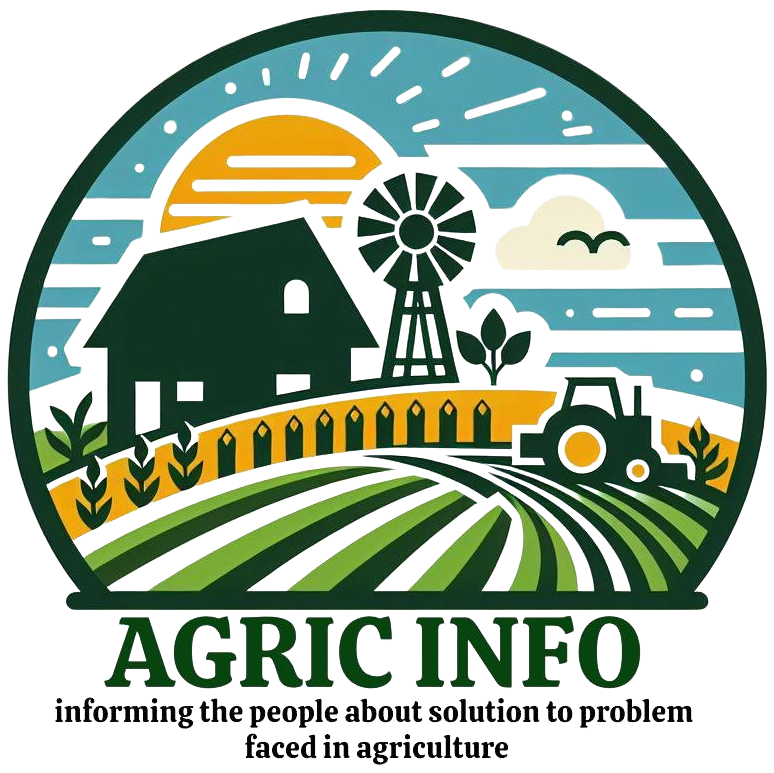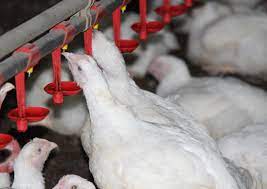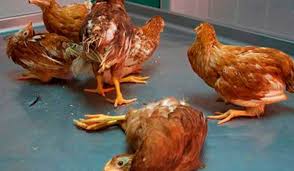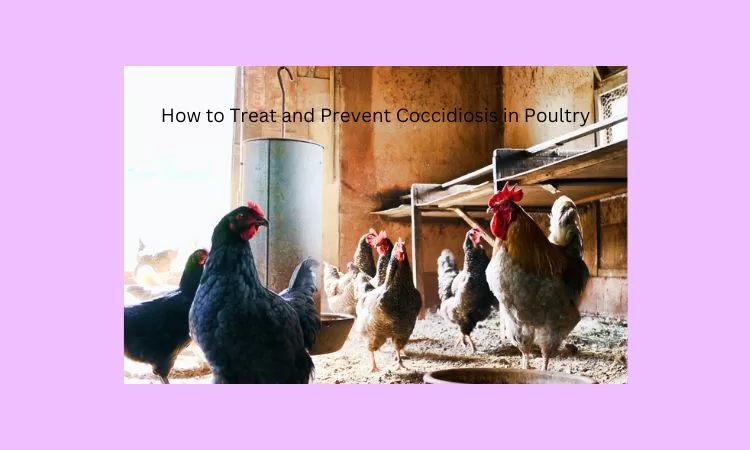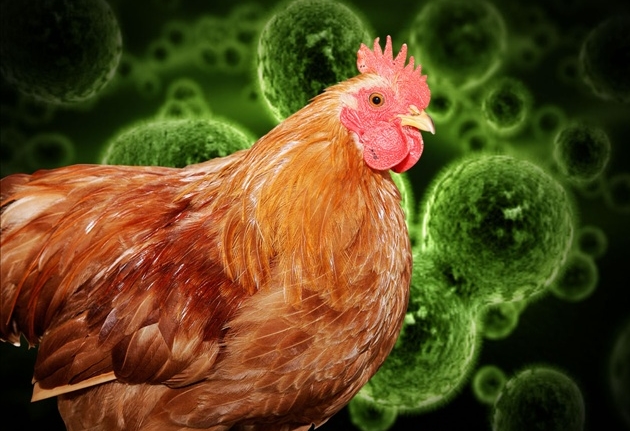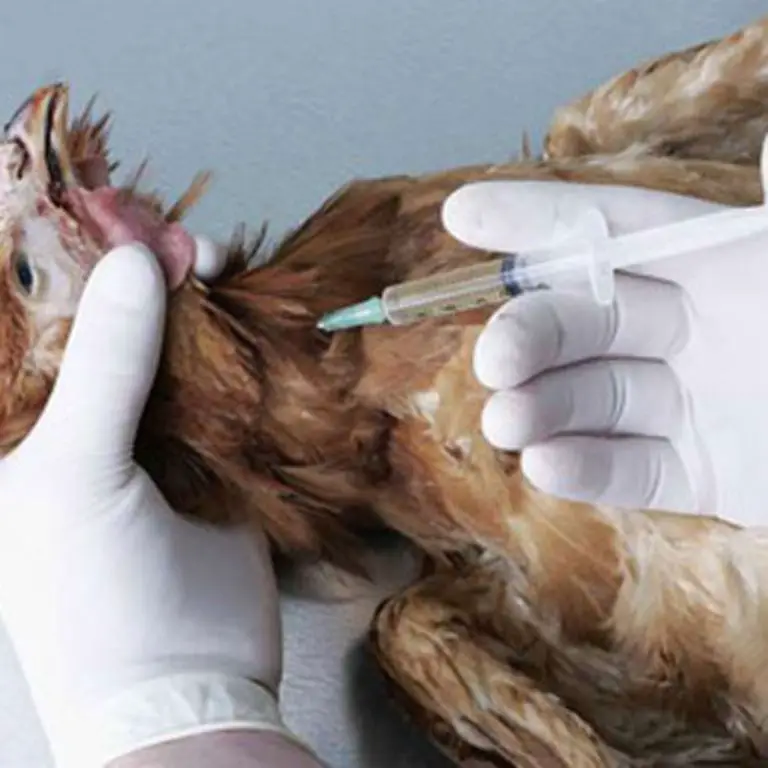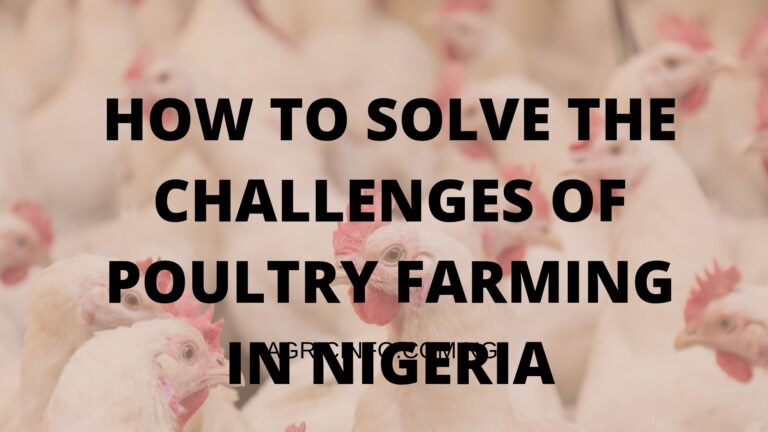Newcastle Disease in Poultry
Newcastle Disease in poultry is a highly contagious viral disease that affects various species of birds, including poultry. It is otherwise called avian pneumoencephalitis. The condition is caused by the Newcastle disease virus (NDV), a member of the Avulavirus genus in the Paramyxoviridae family.
However, Newcastle Disease poses a significant threat to the global poultry industry, resulting in substantial economic losses and impacting food security.
If you are a poultry Farmer or you intend to be, going through this article will supply you with the necessary information. This blog post aims to explore every piece of information about Newcastle disease in poultry.
What is Newcastle Disease in Poultry?
Newcastle Disease, also known as avian paramyxovirus type 1 (APMV-1), is a highly contagious viral disease affecting various species of birds, especially poultry. It is named after its first documented occurrence in Newcastle upon Tyne, England, back in 1927. The disease affects the respiratory, nervous, and digestive systems of infected birds.
However, Newcastle Disease is caused by a strain of the avian paramyxovirus, which exists in multiple forms, ranging from mild to highly virulent. It primarily affects chickens, turkeys, and other domestic and wild birds, including pigeons, ducks, and geese.
The transmission of Newcastle Disease occurs through direct contact with infected birds, their bodily fluids, or contaminated surfaces. The virus can spread rapidly within a flock, leading to high mortality rates. Human-to-bird transmission is rare but can occur in some instances.
Is Newcastle Disease Curable?
Unfortunately, there is currently no known cure for Newcastle Disease. Once a fowl is infected, the virus runs its course, often resulting in sickness and death. However, there are preventive measures that can be taken to protect birds from contracting the disease.
Symptoms of Newcastle Disease in Poultry
You might be asking how to identify if your poultry is affected by Newcastle disease. Check out for these four (4) common symptoms:
- Respiratory Distress
- Nervous System Disorders
- Digestive Issues
- Drop in Egg Production
1. Respiratory Distress
Infected birds may exhibit gasping, coughing, sneezing, or nasal discharge. Their breathing may become labored, and wheezing might be heard.
2. Nervous System Disorders
Newcastle disease can lead to neurological symptoms such as paralysis, twisting of the neck or head, tremors, and even partial or complete paralysis of the wings and legs.
3. Digestive Issues
Affected birds may experience diarrhea, reduced appetite, or abnormalities in their crop, which is the digestive pouch located in the esophagus.
4. Drop in Egg Production
Newcastle disease can cause a significant decline in egg production, and the quality of the eggs may also be compromised.
How can I Prevent Newcastle Disease in Poultry?
Prevention is the most effective way to control Newcastle disease in poultry.
Below are some essential measures that poultry farmers should undertake:
- Biosecurity Practices
- Vaccination
- Quarantine
- Surveillance
1. Biosecurity Practices
Implement tight biosecurity measures to prevent the introduction and spread of the virus. This includes proper sanitation, disinfection protocols, and restricted entry to poultry premises.
2. Vaccination
Vaccination is crucial for protecting your poultry flock against Newcastle disease. Consult with a veterinarian to determine an appropriate vaccination schedule based on the disease prevalence in your area.
3. Quarantine
Always quarantine new birds before introducing them to your existing flock. Isolate them for a minimum of two weeks to monitor for any signs of illness.
4. Surveillance
Regular monitoring and surveillance of bird populations can help detect the presence of Newcastle Disease early on. This allows for prompt action to be taken to prevent its spread.
The Importance of Early Detection
Early detection of Newcastle Disease is crucial for controlling its spread and minimizing the impact on bird populations. This is why regular monitoring and surveillance are so important. If any signs or symptoms of the disease are observed, it is essential to report them to the appropriate authorities for further investigation and testing.
Also Read:How to Prevent and Treat Salmonellosis
Transmission of Newcastle Disease in Poultry
Newcastle disease (ND) is a highly contagious viral infection that affects poultry, causing respiratory, nervous, and reproductive symptoms in birds. The virus is transmitted through direct contact with infected birds.
Another method of transmission is through contaminated equipment or contaminated environments. The virus can also be spread through the feces and nasal discharge of infected birds, which can contaminate water sources and litter. Airborne transmission is also possible through the respiratory secretions of infected birds.
The virus from Newcastle disease sheds for a variable but finite amount of time during recovery, during the incubation period, and during the clinical stage. The virus can also be found in the eggs laid during acute vNDV infections and in every portion of the corpse.
Because infected excrement, eggshells, or the environment can infect hatchlings, the function of vertical transmission of NDV is unknown and debatable. Aerosols and tainted water or food can quickly spread disease to chickens. NDV may come from infected hens and other domestic and wild birds.
Signs of Newcastle Diseases in Poultry
Infected birds may exhibit a wide range of clinical signs, depending on the severity of the strain and the species affected. Common signs include:
- Respiratory distress, such as coughing, sneezing, and nasal discharge.
- Diarrhea
- Greenish feces.
- Swelling and discoloration of the head and neck.
- Paralysis or weakness in the legs and wings.
- Decreased egg production
- Poor egg quality.
- Early deaths, especially younger birds.
- Depression
- Less Energy
- drooping wings
Frequently Asked Questions
Q1. How is Newcastle Disease diagnosed?
A: Newcastle Disease can be diagnosed through various methods, including viral isolation, serology, and molecular detection techniques such as reverse transcription-polymerase chain reaction (RT-PCR).
Q2. How long does Newcastle Disease persist in the environment?
NDV can persist in the environment for varying durations, depending on factors such as temperature, humidity, and surface type. It can survive for several weeks in organic material and up to several months in cold environments.
Q3. Can humans contract Newcastle Disease from infected birds?
A: Newcastle Disease primarily affects birds and is not known to infect humans. However, exposure to infected birds can cause mild flu-like symptoms in humans, which generally resolve without medical intervention.
Conclusion on Newcastle Disease in Poultry
Newcastle Disease is a highly contagious viral disease that poses a significant threat to the poultry industry. In other words, it remains a persistent threat to the poultry industry, capable of causing substantial economic losses and disrupting food security.
Understanding the nature of the disease, implementing preventive measures, and adhering to vaccination protocols are vital steps in mitigating its impact. Prompt diagnosis, biosecurity maintenance, and proper care for affected birds can help minimize the severity of outbreaks.
By employing strategies that prioritize prevention and control, we can strive to protect our valuable poultry populations and ensure a sustainable future for the industry.
